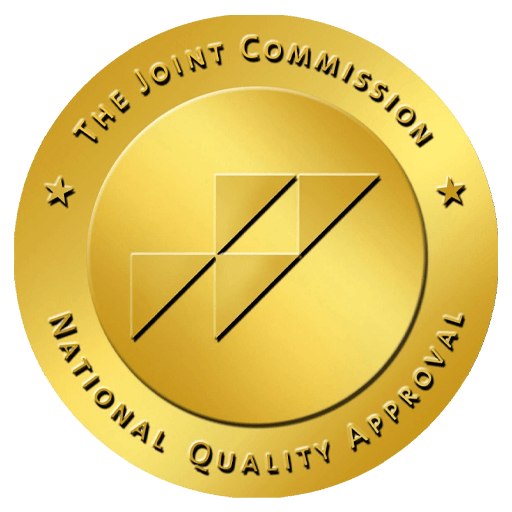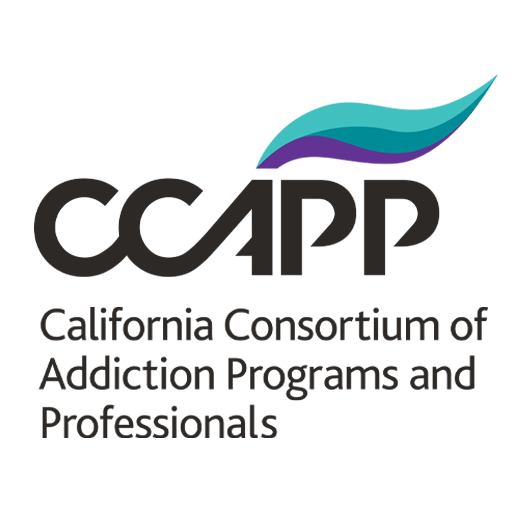Is IOP covered by insurance?
Yes, in many cases, insurance does cover Intensive Outpatient Programs (IOP). However, the extent of coverage can vary significantly depending on your insurance provider and your specific plan. It’s crucial to contact your insurance company to understand the details of your coverage. At My Limitless Journeys, we assist our clients in navigating the often complex world of insurance, ensuring they are informed about the financial aspects of their recovery journey. Remember, investing in your health is invaluable, and we’re here to support you every step of the way.
What is the average length of stay for IOP?
The duration of an IOP can vary based on individual needs but typically ranges from 8 to 12 weeks. However, it’s essential to recognize that recovery is a personalized journey and not a one-size-fits-all process. At My Limitless Journeys, we focus on tailoring programs to each individual’s circumstances, adjusting the length of stay as needed to ensure comprehensive support and maximum benefit for each client. Have you noticed any specific concerns about the length of treatment that you’d like to discuss?
Are IOP programs worth it?
Absolutely, IOP programs offer a valuable bridge between full-time inpatient rehabilitation and complete independence. They allow individuals to receive intensive therapy while maintaining daily responsibilities like work or family commitments. At My Limitless Journeys, we’ve seen firsthand how our clients thrive in a supportive, flexible setting that an IOP provides. Combining professional guidance with real-world application, these programs enable individuals to practice coping strategies in real time, fostering long-term sobriety and life skills.
What is the success rate of the IOP program?
The success rate of IOP programs varies based on several factors, including the individual’s specific circumstances and the quality of the program. Generally, programs like those offered at My Limitless Journeys emphasize personalized care and comprehensive support, which have been shown to improve outcomes significantly. It’s important to engage in aftercare and alumni support, as continuing care plays a critical role in sustained recovery. Success isn’t just measured in statistics but in the quality of life improvement for each participant.
How does IOP address co-occurring disorders?
Addressing co-occurring disorders is a critical component of the IOP at My Limitless Journeys. We employ a dual diagnosis approach, meaning we treat addiction and any underlying mental health issues simultaneously. This integrated method ensures that both the symptoms and the root causes of disorders are addressed, promoting holistic recovery. Employing therapies like Cognitive Behavioral Therapy (CBT), we help individuals recognize and modify harmful patterns, offering tools for managing both mental health and substance abuse issues effectively. Do you think addressing mental health alongside addiction is becoming more recognized in recent times?
How does IOP differ from other rehab options?
IOP differs from other rehab options primarily in its flexibility and level of intensity. Unlike inpatient care, IOP does not require clients to reside at the facility, allowing them to maintain work, school, and family responsibilities. This setup can be ideal for those with strong support systems at home. Meanwhile, it provides more structure and treatment than traditional outpatient programs, with frequent, intensive sessions. My Limitless Journeys ensures that our IOP bridges the gap effectively, providing targeted support while fostering independence. What kind of program do you think would balance well with your current lifestyle?
What role does family play in IOP recovery?
Family involvement can be pivotal in the recovery process, often serving as a cornerstone in an individual’s support network. At My Limitless Journeys, we incorporate family therapy into our IOP, recognizing that addiction affects family dynamics and that healing can be a communal process. Engaging families in therapy sessions helps rebuild trust and communication, creating a supportive home environment that bolsters recovery. Have you considered how involving your family could influence your recovery journey?











